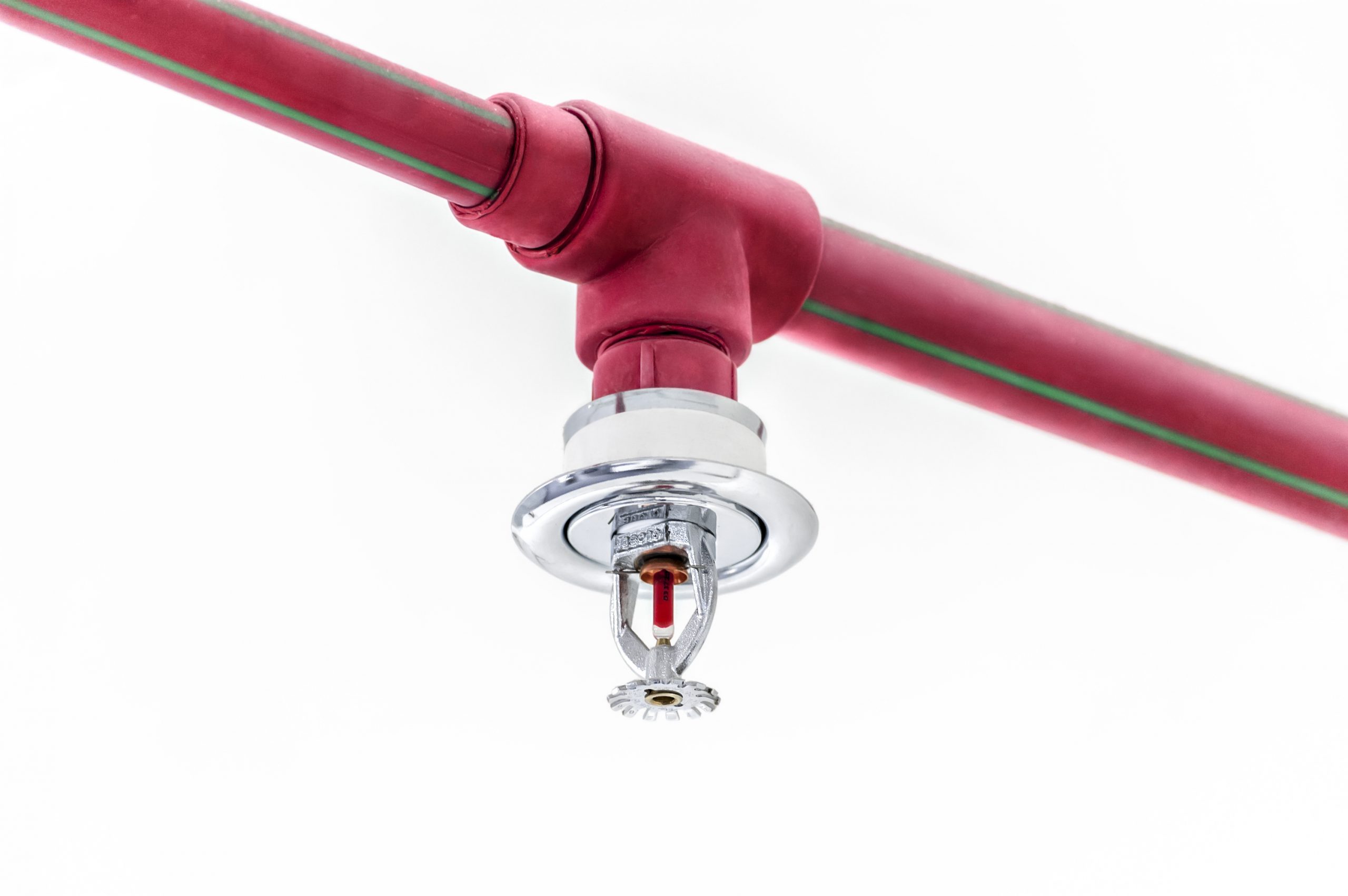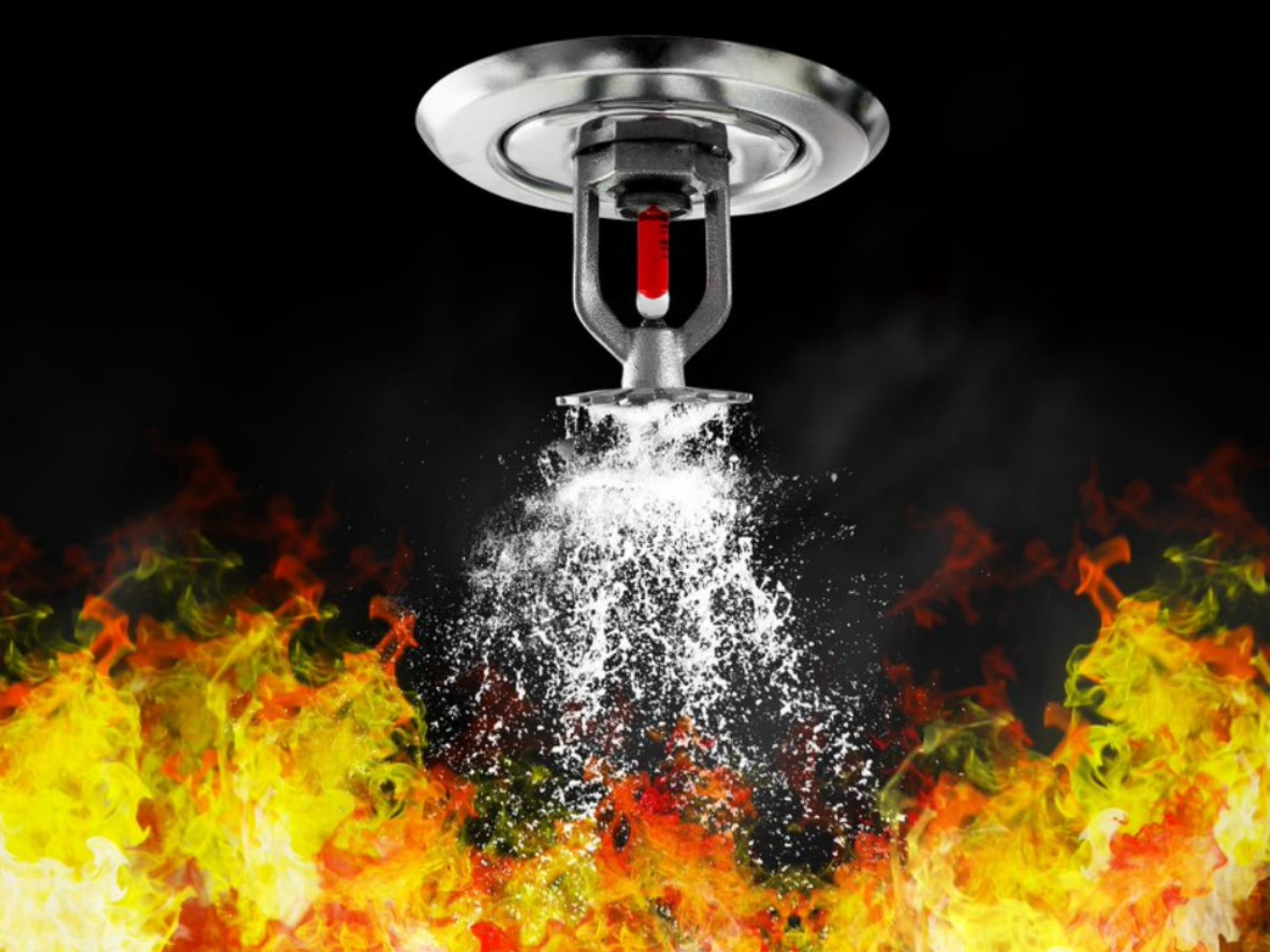Top Reasons Why Sprinkler Repair Is Crucial for Your Landscape’s Longevity
Checking out one of the most Typical Troubles in Sprinkler Equipments and Their Services
Automatic sprinkler are essential for maintaining healthy and balanced landscapes, yet they commonly run into various problems. Common concerns include clogged up nozzles, damaged pipelines, and irregular watering patterns. Each of these can noticeably affect system performance and water efficiency. Understanding these issues and their remedies is necessary for any homeowner. The following areas will certainly lay out common challenges and the required repair work to keep an automatic sprinkler functioning at its best. What follows may stun those not really prepared for maintenance realities.
Clogged Nozzles and Lawn Sprinkler Heads
Blocked nozzles and sprinkler heads are common concerns that can considerably hinder the efficiency of a lawn sprinkler. Over time, debris such as mineral, dirt, and algae buildup can collect, blocking water circulation and resulting in unequal coverage in the yard or yard. This can lead to certain locations receiving not enough water, while others may become over-saturated.
Routine maintenance is crucial to stop these obstructions. Routine checks can recognize any type of blockages, and cleansing can commonly be completed with straightforward tools like a tiny brush or a toothpick. Sometimes, soaking clogged up parts in vinegar can assist dissolve mineral down payments.
For serious clogs, replacement of the nozzle or head may be required to restore proper function. Resolving these problems promptly ensures that the lawn sprinkler system runs successfully, optimizing and maintaining a healthy and balanced landscape water usage.
Broken Water Lines and Leaks
Damaged pipes and leaks can considerably disrupt the performance of an automatic sprinkler. Recognizing pipe damage very early is necessary to stop more problems, and understanding repair methods can improve the procedure. Additionally, executing preventative upkeep suggestions can help assure the long life of the system and decrease the chance of future issues.
Recognizing Pipe Damages
How can home owners efficiently recognize pipe damages in their lawn sprinkler systems? To start, they must consistently evaluate their yards for unusual wet areas or merging water, which might suggest a leakage. Additionally, homeowners can monitor their water expenses for inexplicable increases, suggesting concealed leakages within the system. Observing the lawn sprinkler heads for irregular spray patterns or inadequate protection can additionally signify potential pipe problems. In addition, paying attention for unusual noises, such as hissing or gurgling, may suggest air getting away from harmed pipelines. Lastly, performing aesthetic examinations of exposed pipes for cracks or rust can assist identify problems. By using these approaches, home owners can proactively identify and resolve pipeline damage in their automatic sprinkler before it leads to more substantial concerns.
Repair Service Techniques Introduction
Attending to pipe damage in a lawn sprinkler calls for a methodical method to repair work, particularly when managing leakages and breaks. The very first step typically involves locating the broken area, which can be achieved via aesthetic evaluation or stress screening. Once recognized, the repair service method might vary; for small leakages, using pipeline sealant or epoxy can effectively secure the afflicted section. In instances of considerable breaks, eliminating the damaged pipe segment and changing it with new piping, secured with ideal ports, is recommended. In addition, making certain appropriate alignment and securing joints will certainly aid stop future problems. After repairs, complete testing of the system is crucial to confirm that leakages have been settled and that the system runs properly.
Preventative Maintenance Tips
To lessen the risk of damaged pipelines and leakages in a lawn sprinkler, routine preventative upkeep is important. Home owners should regularly evaluate the system for noticeable damage, guaranteeing that fittings and pipes are intact. Seasonal modifications are vital; before winter season, systems must be drained pipes to avoid freezing, while spring checks can determine wear from frost or moving dirt. In addition, maintaining the location around lawn sprinkler heads free from particles assists prevent blockages that might bring about leakages. On a regular basis screening water pressure can reveal underlying issues, as extreme pressure may strain pipes. Recording upkeep tasks can assist track performance and determine repeating problems, making it simpler to deal with any issues proactively.
Uneven Watering Patterns
Irregular watering patterns can bring about uneven yards and stressed out plants, stemming from numerous reasons such as stopped up nozzles or misaligned sprinkler heads. Identifying these concerns is crucial for reliable repair service and making sure constant water distribution throughout the landscape. Solutions may involve straightforward upkeep tasks or adjustments to the lawn sprinkler for suitable performance.
Sources Of Irregular Watering
When a lawn sprinkler system fails to disperse water uniformly across a grass, a number of factors might add to this issue. One typical cause is inappropriate lawn sprinkler head placement, which can cause overlapping or insufficient coverage. Furthermore, clogged nozzles can limit water flow, resulting in completely dry patches. Variants in water pressure can likewise impact circulation, as some areas might get more water than others. Additionally, uneven terrain or dirt compaction can impact just how water permeates the ground, leading to irregular absorption. Finally, the age of the lawn sprinkler components may cause diminished efficiency, adding to inconsistent watering patterns. Identifying these reasons is crucial for preserving an efficient automatic sprinkler and making certain a healthy grass.
Solutions for Repairing Issues
Attending to unequal watering patterns requires an organized technique to determine and fix underlying issues. Initially, evaluating sprinkler heads for obstructions or damage is important; cleansing or changing them can boost water circulation. Next off, readjusting the lawn sprinkler's stress setups might aid attain a more consistent spray. Additionally, assessing the layout of the sprinklers can reveal areas that need repositioning to guarantee coverage consistency. Looking for leakages in installations or pipelines is crucial, as leakages can bring about irregular watering. Ultimately, setting the timer to fit different zones based on plant demands can improve general effectiveness. By applying these solutions, one can properly recover well balanced watering patterns within the landscape.
Timer and Control Problems
Although a well-functioning timer is important for peak lawn sprinkler performance, several home owners come across problems that disrupt their watering routines - irrigation system installation. Usual issues include damaged programs, where timers may not mirror the intended watering times, leading to over- or under-watering. Furthermore, power failures can reset timers, creating them to go back to fail settings and disregarding the personalized schedules house owners depend on. Breakdowns can likewise stem from obsolete technology; older timers might do not have the functions necessary for optimum control, such as rain sensors or clever modern technology combination. Wiring concerns can prevent signals from getting to the shutoffs, rendering the system inoperable. Regular maintenance and prompt updates can aid reduce these concerns. Homeowners must take into consideration seeking advice from specialists for troubleshooting to ensure their timers run effectively and effectively, as correct control is crucial for conserving and maintaining a healthy landscape water resources
Automatic Sprinkler Pressure Issues
Exactly how can insufficient water stress influence a lawn sprinkler's effectiveness? Insufficient water pressure can lead to uneven water distribution, resulting in dry spots and overwatered locations. This incongruity compromises the total health and wellness of the landscape, as plants might experience either dry spell tension or origin rot. Reduced pressure can also prevent the procedure of lawn sprinkler heads, stopping them from reaching their desired array and protection.
 Conversely, too much pressure can create damage to the system, causing leaks or damaged components. Burst pipelines and malfunctioning sprinkler heads might take place, incurring pricey repair work. Recognizing the source of stress issues is necessary; common perpetrators consist of blocked filters, malfunctioning shutoffs, or even community supply troubles. Regular system checks can assist keep proper pressure, making certain a reliable and efficient automatic sprinkler. Correct stress management is important for peak efficiency and longevity of the irrigation system.
Conversely, too much pressure can create damage to the system, causing leaks or damaged components. Burst pipelines and malfunctioning sprinkler heads might take place, incurring pricey repair work. Recognizing the source of stress issues is necessary; common perpetrators consist of blocked filters, malfunctioning shutoffs, or even community supply troubles. Regular system checks can assist keep proper pressure, making certain a reliable and efficient automatic sprinkler. Correct stress management is important for peak efficiency and longevity of the irrigation system.Seasonal Maintenance Tips
As the periods adjustment, implementing regular maintenance for a lawn sprinkler comes to be vital to ensure peak performance and long life. Homeowners should begin by inspecting the system before the beginning of each period. In the springtime, evaluate for any winter damage, clean the nozzles, and adjust the spray patterns to accommodate new growth. During the summertime, confirm that all zones are running successfully, monitoring for any dry spots or overwatering. In the fall, it is necessary to prepare the system for winter season by draining the lines, blowing out the pipes, and protecting any kind of exposed components. Finally, a complete assessment in the wintertime can assist determine prospective issues that might occur in the spring. Regular upkeep not just prolongs the life of the automatic sprinkler yet likewise promotes a healthy and balanced landscape, minimizing water waste and guaranteeing an efficient watering process throughout the year.

Troubleshooting Typical Lawn Sprinkler Issues
What actions should property owners take when confronted with usual sprinkler issues? First, they must observe the system for noticeable signs of malfunction, such as damp places or broken heads, indicating leaks. Next, inspecting the timer setups and confirming the system is set appropriately is critical, as improperly set timers can lead to overwatering or underwatering. Property owners ought to likewise examine the valves for blockages and verify they open and close correctly.
If the system shows low tide pressure, it may result from a clogged filter or a malfunctioning pump, demanding thorough cleansing. In addition, home owners need to verify that the watering zones are functioning independently and not overlapping, which can squander water. If issues linger, seeking advice from a specialist might be necessary to diagnose and resolve even more intricate issues, verifying the automatic sprinkler runs effectively and efficiently.
Frequently Asked Inquiries
Exactly how Frequently Should I Inspect My Lawn Sprinkler System?
An automatic sprinkler should be evaluated at the very least twice a year, preferably in spring and fall. Routine checks help recognize leaks, clogs, and various other issues, ensuring optimal performance and water effectiveness throughout the seasons.
Can I Mount an Automatic Sprinkler Myself?
Yes, a person can install a lawn sprinkler system themselves, supplied they have the necessary devices, knowledge, and abilities. It is recommended to get in touch with regional laws and guidelines to assure proper setup and conformity.
What Is the Typical Life-span of a Sprinkler System?
The typical life-span of a lawn sprinkler normally ranges from 10 to twenty years, relying on the quality of materials, upkeep techniques, and environmental conditions, which can considerably impact its durability and general efficiency. sprinkler system installation.
Exist Eco-Friendly Options for Lawn Sprinkler Equipments?
Environmentally friendly alternatives for lawn sprinkler systems consist of drip irrigation, rain sensors, and wise controllers. These modern technologies preserve water, reduce runoff, and promote effective watering, making them lasting selections for environmentally conscious property owners seeking efficient watering website remedies.
Just How Do Weather Affect Sprinkler Performance?
Climate condition greatly influence lawn sprinkler efficiency; for circumstances, too much warmth can bring about dissipation, while hefty rains might trigger oversaturation. Furthermore, wind can interrupt water circulation, leading to ineffective watering and irregular coverage throughout landscapes.
Clogged up nozzles and lawn sprinkler heads are usual concerns that can considerably impede the performance of a sprinkler system. When a sprinkler system fails to disperse water equally throughout a yard, a number of elements may contribute to this concern. A well-functioning timer is crucial for peak sprinkler system efficiency, lots of house owners experience issues that disrupt their watering routines. How can inadequate water stress effect a sprinkler system's effectiveness? Normal system checks can assist preserve proper stress, making sure a efficient and efficient lawn sprinkler system.